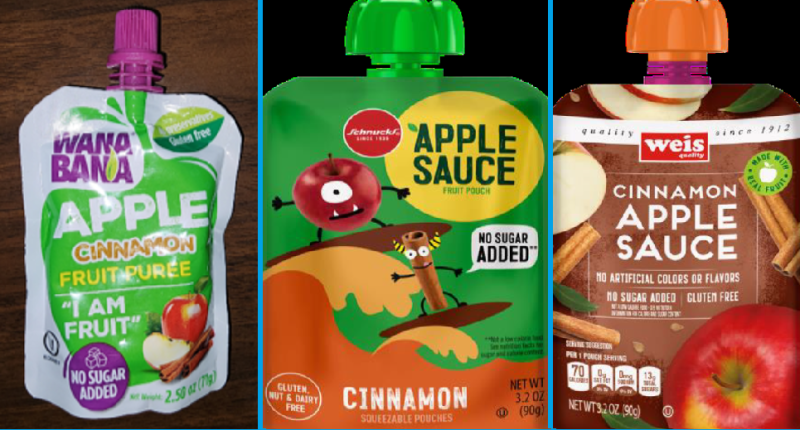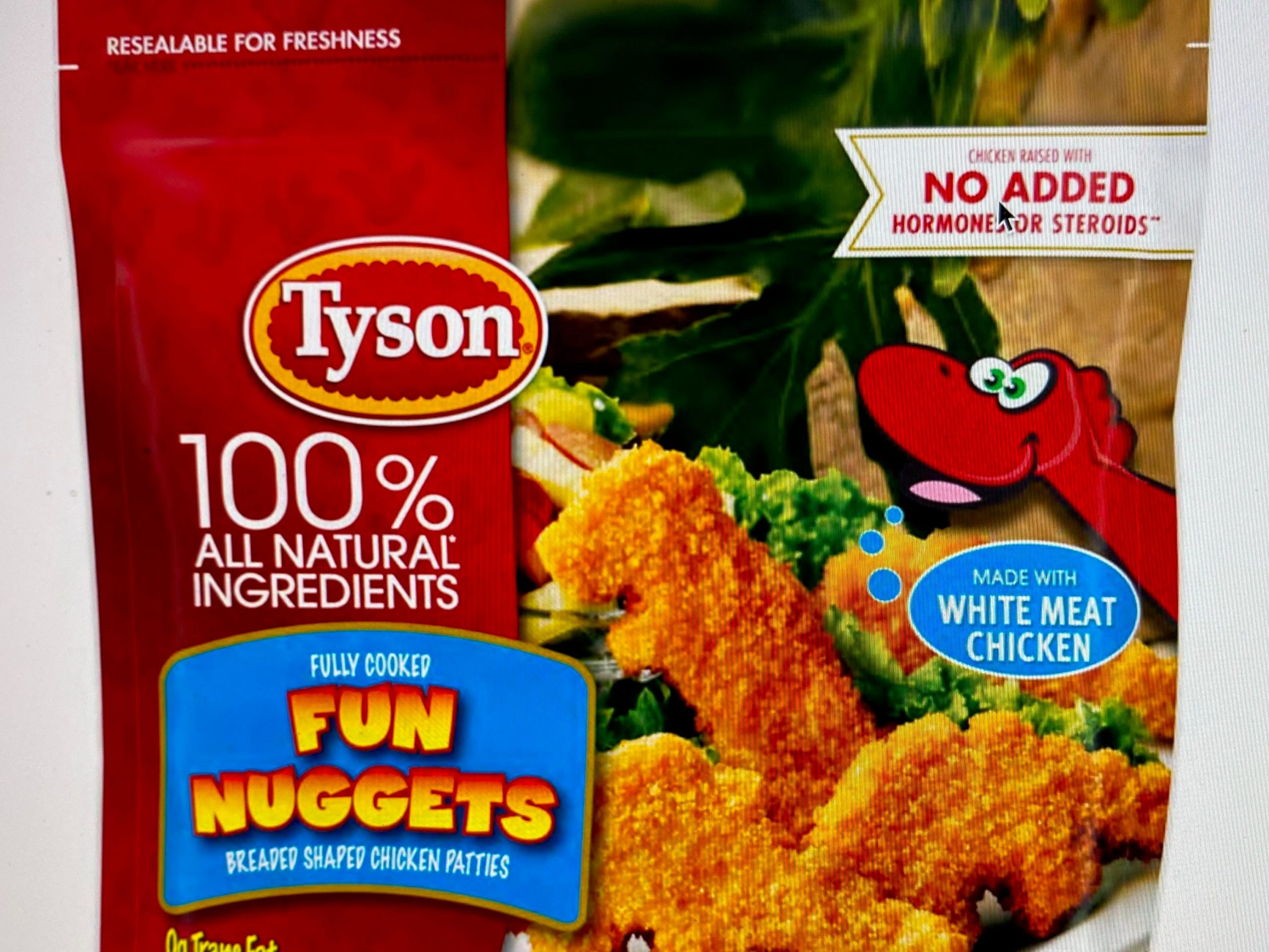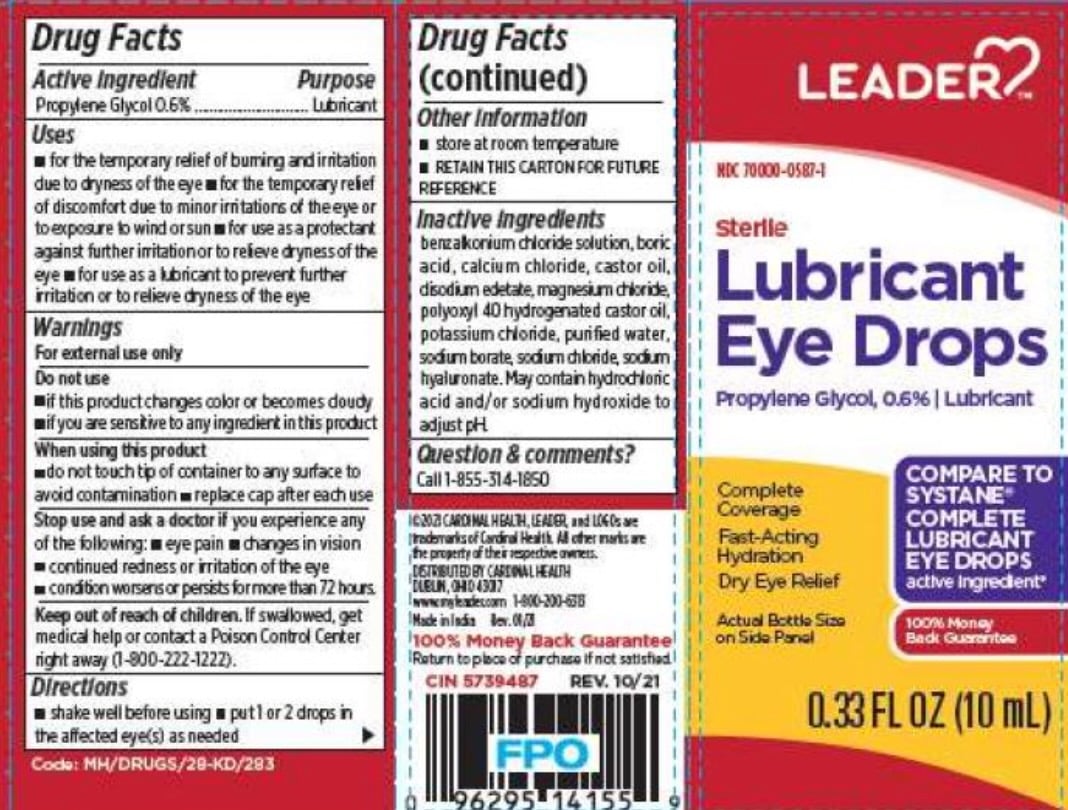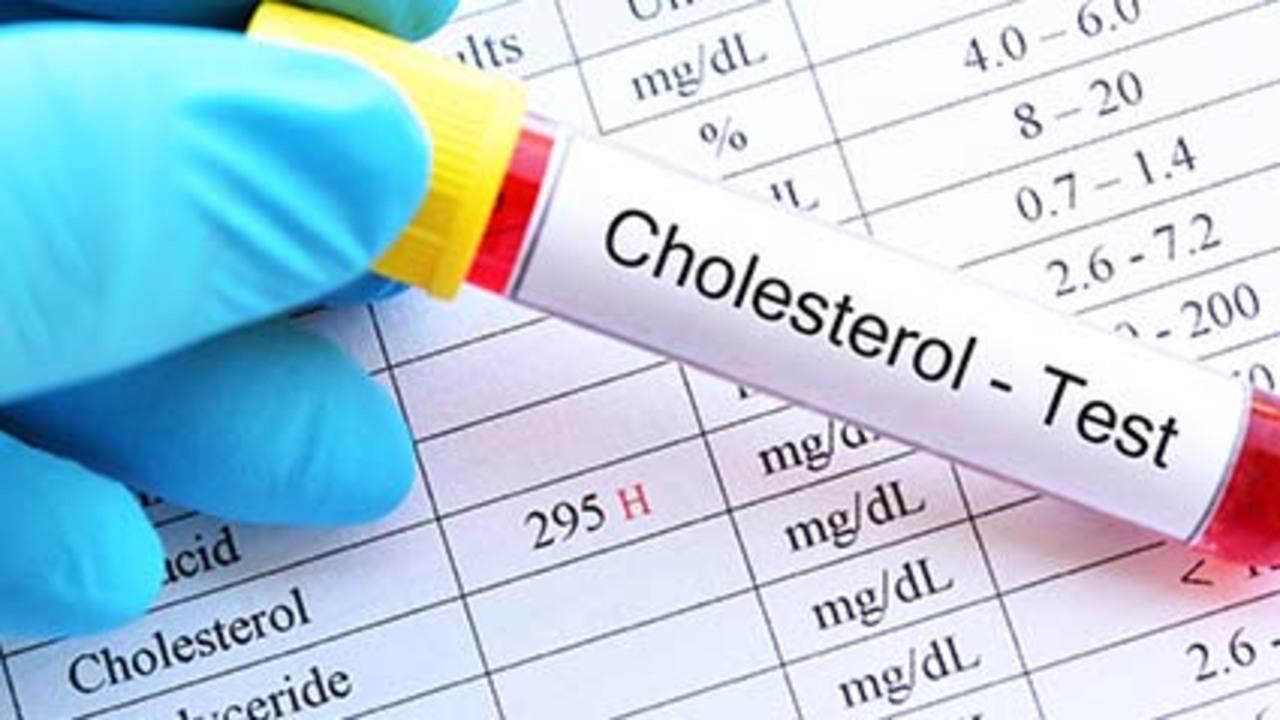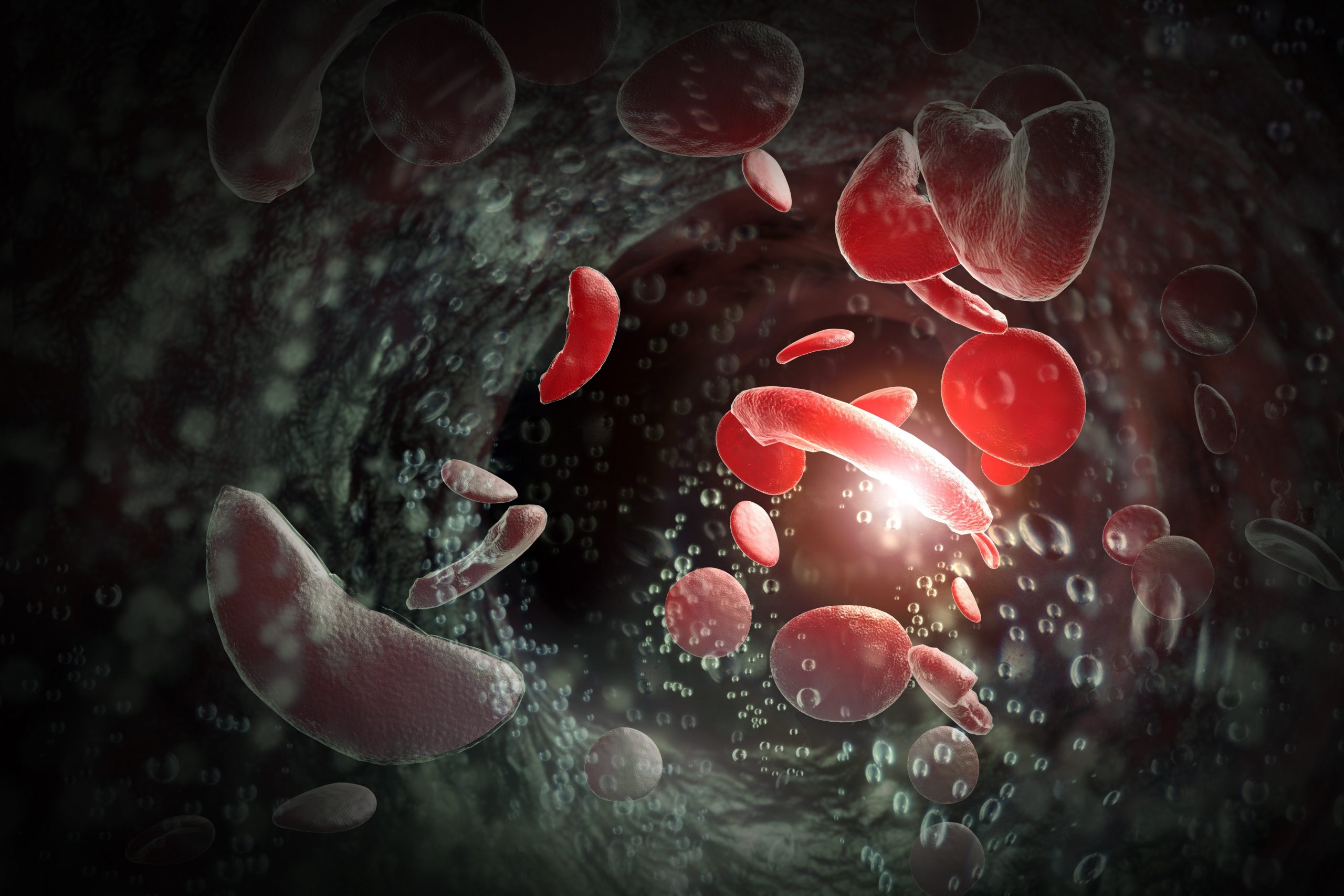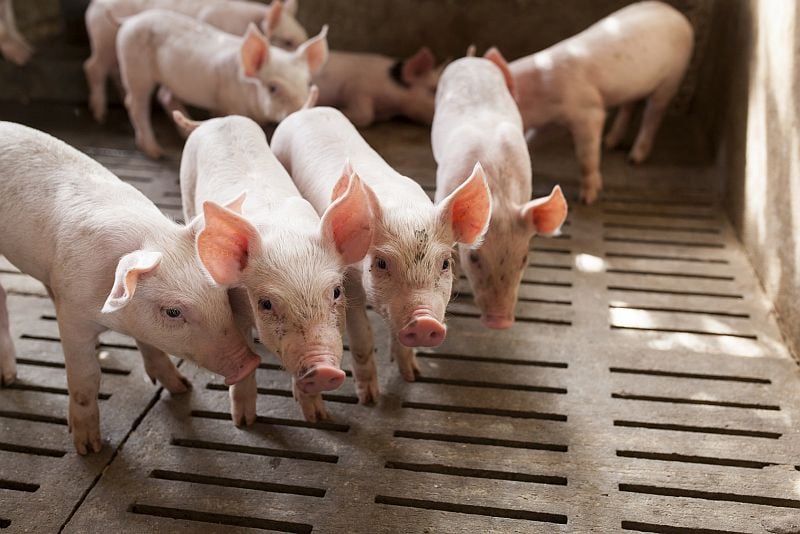
WEDNESDAY, Nov. 8, 2023 (Healthday News) — The U.S. Food and Drug Administration said Tuesday that it plans to pull a veterinary drug used commonly in the pork industry because it might pose a cancer risk to humans who eat pig products. The antimicrobial, carbadox (Mecadox), is typically added to pig feed to fight infections… read on > read on >












